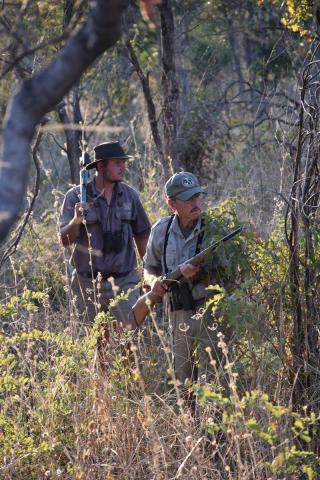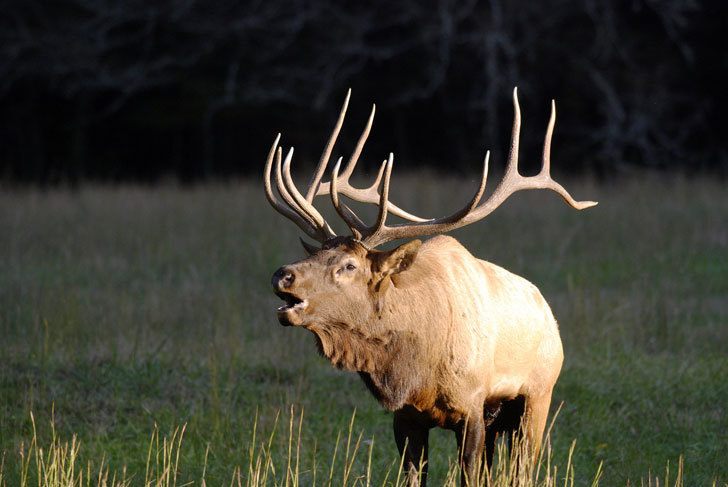While “meat hunting” is beginning to gain some grudging acceptance among the non-hunting public, particularly among “locavores” for providing “free range, organic, natural protein;” trophy hunting? Not so much.
Derided as “sport killing” and “killing for fun” on social media, it is hard to see from a non-hunter’s perspective any reason at all for the pursuit of an animal for its head and skin. Is there any value in today’s world to hunt and harvest an animal for the challenge and experience, with a trophy as a memento of the hunt? Certainly, if there also is value in conserving wild creatures and wild places.
In 2016 the International Union for Conservation of Nature (IUCN), in a briefing paper, stated: “…legal, well regulated trophy hunting programmes (sic) can – and do – play an important role in delivering benefits for both wildlife conservation and for the livelihoods and wellbeing of indigenous and local communities…”.
While meat from a “trophy” animal is, in most cases, consumed, either by the hunter or the local community, the conservation factor is that the animal taken by the trophy hunter is normally a male, past its breeding prime, sought after rather than taken as a target of opportunity.
Trophy hunting, as the IUCN noted, benefits local rural communities, providing income and economic benefits with little or no ecological impact. A typical sheep hunt, for example, leaves a very small footprint on the landscape, may (or may not) reduce the herd size by one, non-contributing male, while, at the same time, generates a substantial amount of fresh revenue to the local community.
Safari Club International’s Record Book, often criticized as only an exercise in egotism, provides an incentive for the trophy hunter to seek out not only a special trophy, but in doing so to take part in a very special personal challenge and experience. The hunter takes away memories represented by the trophy and leaves behind means to support the conservation and management of both the wildlife and the habitat. After all, a wise man once said: “Conservation, without financial support, is merely conversation.”



